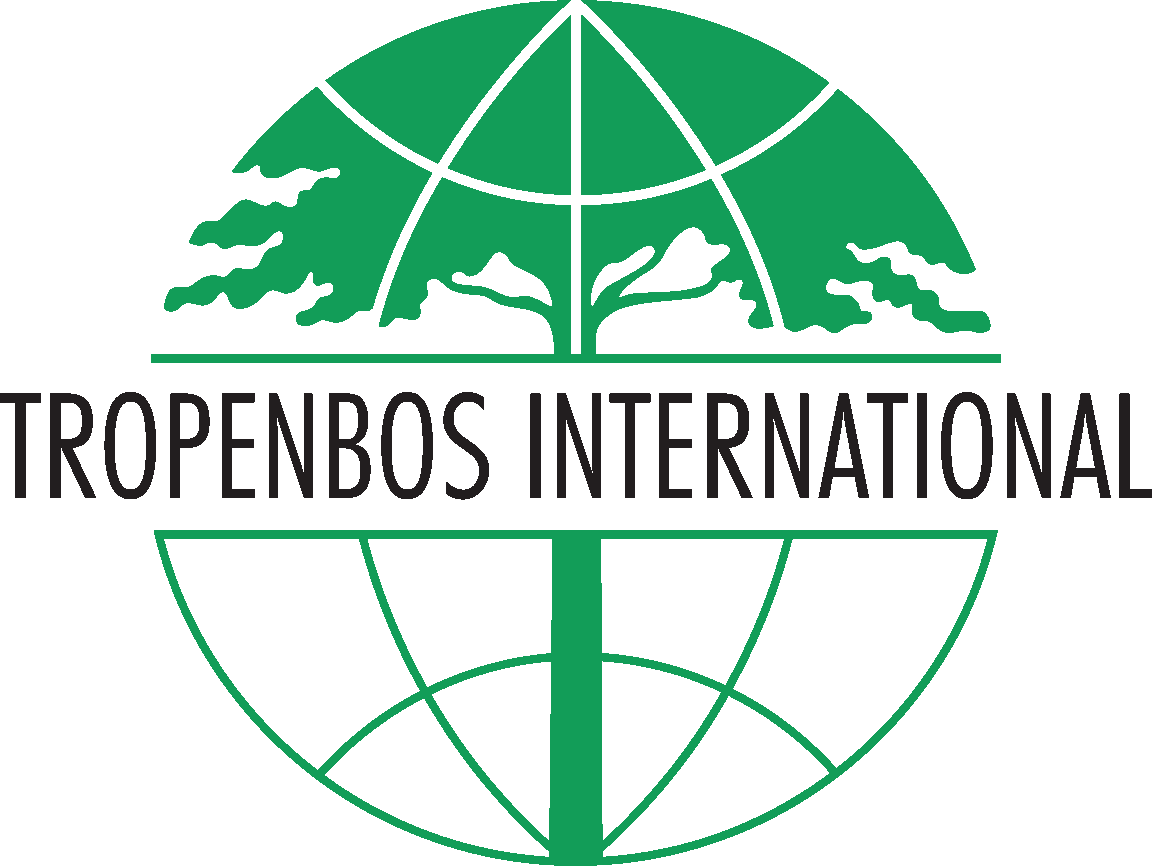Community / Land projects / CRED - HUMAN RIGHTS MONITORING
CRED - HUMAN RIGHTS MONITORING

€0
06/22 - 12/25
Active
This project is part of
Implementing Organisations
Donors
Data Providers
General
The Civic Response on Environment and Development (CRED): is a non-for-profit institution registered as a national NGO. It’s driving vision is an ”empowered community that promotes equitable utilization and sustainable governance of natural resources forpoverty aleviation and social economic transformation”. The mission is “to implement research, advocacy and outreach initiatives that empowercitizens and local communities to demand for transparency, accountability and participation in decision making and work with duty bearers to promote good Natural Resources governance”. Thematic focuses include promoting land tenure security, ensuring resilientcommunities to climate change, promoting good governance of oil and gas resources, and ensuring good governance of mineral resources and participation of ASMs. Vision An empowered community that promotes equitable utilization and sustainable governance of Natural resources for poverty alleviation and social transformation.” Mission To implement research, advocacy and outreach initiatives that empower citizens and local communities to demand for transparency, accountability and participation in decision making and work with duty bearers to promote good NR governance Values “An empowered community that promotes equitable utilization and sustainable governance of Natural resources for poverty alleviation and social transformation.” To implement research, advocacy and outreach initiatives that empower citizens and local communities to demand fortransparency, accountability and participation in decision makingand work with duty bearers to promote good NR governance The strength of CRED include evidence based programming, promoting socialaccountability, working directly with communities, legalaid provision for those whose livelihoods are threatened by extractives activities, evidence gathering through community monitoring, and engagement of leaders at local and national levels. CRED’s track record and key achievements in the recent past include: (a) Securing land rights of community groups in the Albertine region through advocacy and litigation strategies. Some evicted community groups were supported to regain their land, such as the Rwamutonga community in Bugambe sub county, Hoima while a big number of communities have been supported to strengthen their tenure status. For examples, CRED pioneered the formation of Communal Land Associations (CLAs) in Bulisa district which has helped to secure communal resources such as grazing landsand watering points. (b) Promoting stronger safeguards for human rights in Uganda’s extractives sector. CRED has inputted national laws and company policies leading to relatively more progressive safeguards in the area of business and human rights.These include Resettlement Action Plans (RAPs) for oil and gas activities, District compensation rates, Environment and Social Impact Assessment report for Oil projects (ESIAs) and Human rights impact assessment reports by oil companies. (c) Enhanced compensation packages for Project Affected Persons (PAPs) under the TILenGA, Kingfisher and EACOP projects. Unlike earlier land acquisition processes such as the Refinery land acquisition in Hoima that are associated with multiple rights violations, due to CRED’s contributions, there are considerably better compensation packages for TILenGA, Kingfisher and EACOP, better grievance handling mechanisms and better articulation of gender safeguards. (d) Putting in place a robust community monitoring mechanism that uses technology to track and report human rights violations in a methodical and timely manner. This system has produced information and data that has informed local, national and international advocacy processes leading to the interventions of Total’s chiefexecutive in France, heads of foreign missions in Uganda and a number of UN special rapporteurs on the human rights situation in Uganda’s oil and gas sector. Since the conception of the EACOP project, CRED has participated in most of the processes e.g. the RAP and ESIA processes, preparing the Oxfam led Community-Based Human Rights Impact Assessment (CBHRIA) which is the basis of the ongoingcommunity monitoring initiatives. Therefore, CRED has a good understanding of the issues.Asthe EACOP construction takes shape, it is important that the scope and depth of the community monitoring work is enhanced and vigorous systems are put in place to report and act on human rights violations. CRED has been at the center of all these processes. CRED’S CONRIBUTION ON THE PROJECT: • Organizecommunity feedback and verification engagements on the monitoring findings. • Organize quarterly engagement meetings with International Oil Companies (IOCs), EACOP sub-contractors and local and nationalgovernments on human rights. • Compile annual state of human rights monitoring reports for dissemination to stakeholders. • Conduct a Research on Uganda’s adherence to the international human rights and gender frameworks and protocols in the extractivessector . • Conduct Annual High-level policy dialogue on business and human rights in the extractives sector. • Carry out international collaboration engagements with IOCs, international NGOs, and engagement of UN special rapporteur on human rights regarding concerns in Uganda’s extractives sector. • Conduct annual multi-stakeholder field assessment of environmental concerns along the EACOP project (involving civil society, IOCs, community monitors and local government officials along the EACOProute). • Conduct community engagements on environmental concerns of the EACOP project.




